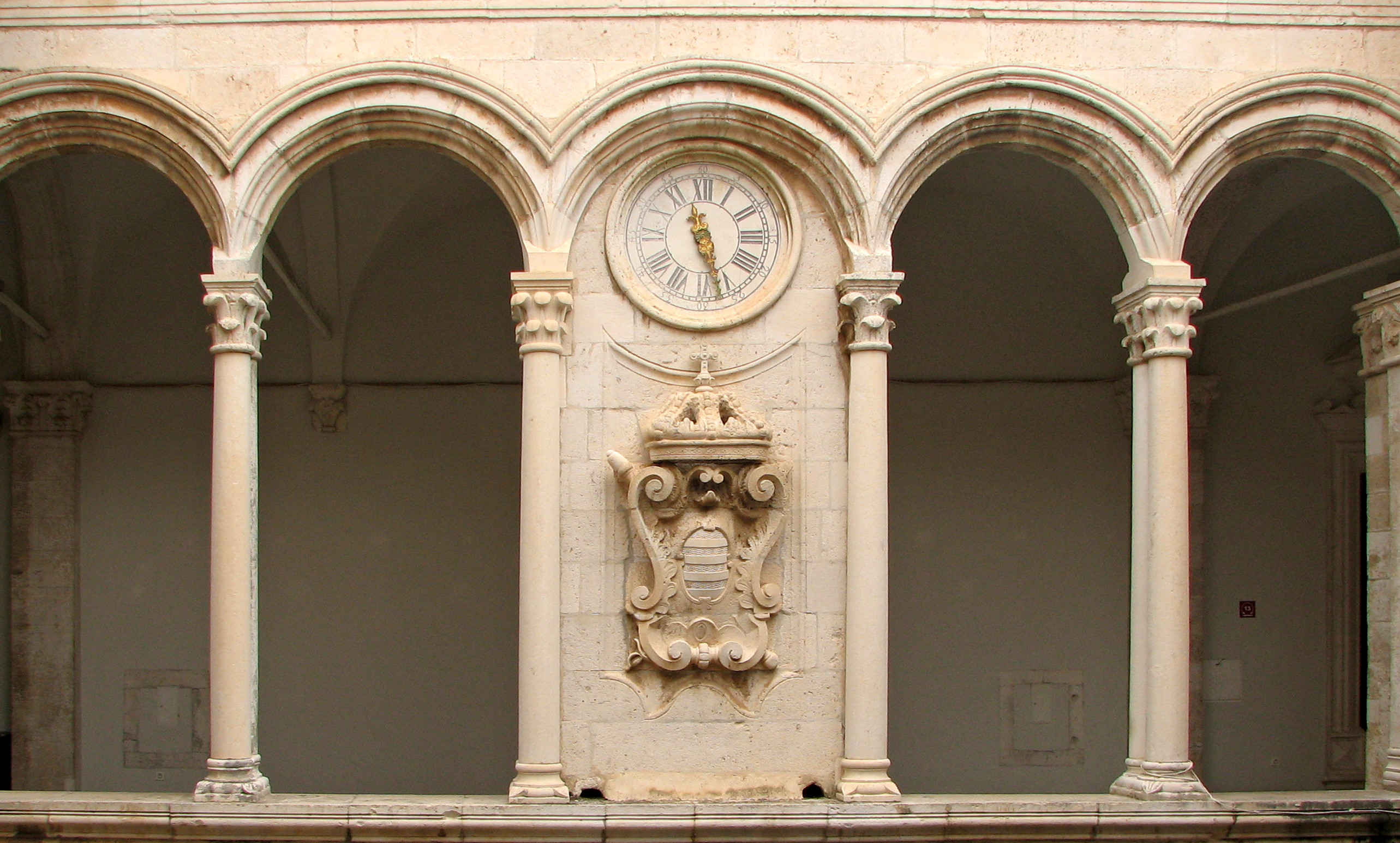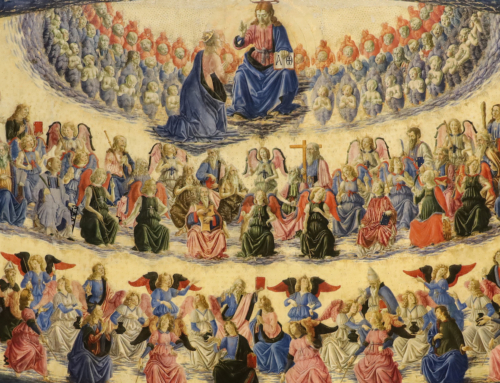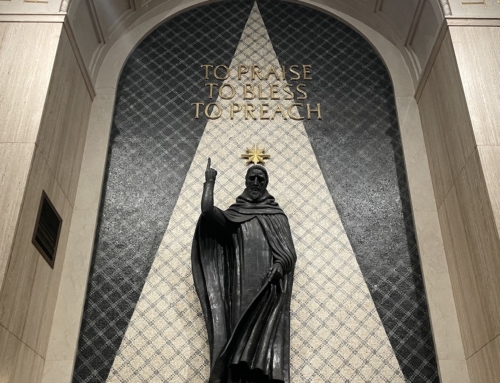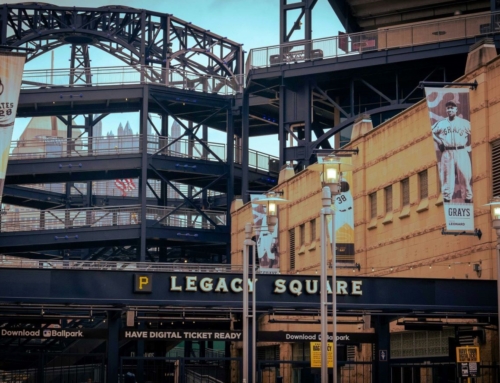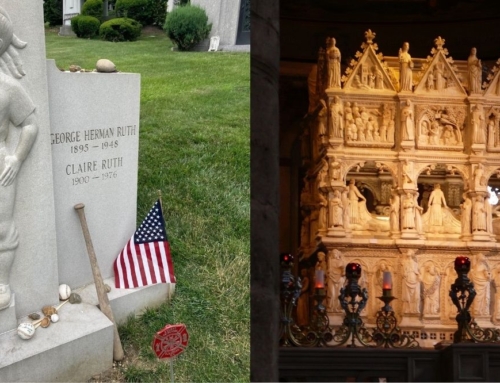Time is uncomfortable. That’s probably why we’re always trying to “kill” it.
In a letter to Sheldon Vanauken, C.S. Lewis wrote,
If you really are a product of a materialistic universe, how is it you don’t feel at home there? Do fish complain of the sea for being wet? … Notice how we are perpetually surprised at Time…. In heaven’s name, why? Unless, indeed, there is something in us which is not temporal.
We are surprised at Time because we are more than temporal. Yet neither are we timeless. We can all think of some experience we wish could have lasted forever. We would wish to have it continue dynamic and alive, but without the pressure of time. And what’s more, sometimes we do feel like we experience just that, at least for awhile.
“Timeful” is the term used by Vanauken to describe these “moments made eternity.” Sometimes, we feel like each second is stretched into hours, and it can feel like the sun itself is standing still (Jos 10:13). Other experiences feel like they reach up, beyond time, into forever. These are the true experience of “timefulness,” full of goodness, full of eternity, right now.
And the end and the beginning were always there / Before the beginning and after the end. / And all is always now. (T.S. Eliot, “Burnt Norton” in Four Quartets)
Time is uncomfortable because we have this thirst for eternity; we were made for forever. While the DMV is certainly one kind of eternity, it’s not the sort we long for. We think of encounters with the transcendence of beauty, the deep gaze of love, the restful bliss of silence, the sublimity of joy, or any of those things which thrill and still our hearts. Then, after the happy rapture of “sucking out the marrow of life,” we suddenly realize the passing of time and its all-too-timely conclusions. Time keeps a stern tempo while our hearts beat their syncopated rhythms. In the face of deadlines and goodbyes, we dare to hope for something more.
By the theological gifts of faith, hope, and love, this eternal inclination receives a divine promise for fulfillment. “God so loved the world that he gave his only-begotten Son, so that everyone who believes in him might not perish but might have eternal life” (Jn 3:16).
In his encyclical Spe Salvi (On Christian Hope), Pope Emeritus Benedict XVI explains, citing Thomas Aquinas, that faith is the virtue “through which eternal life takes root in us” (SS 7). This is not just some fanciful metaphor; the Kingdom of God is truly present within us who believe, albeit in seed form. He goes on to say that “eternal life is not an unending succession of days” so much as “the supreme moment of satisfaction, in which totality embraces us and we embrace totality… like plunging into the ocean of infinite love, a moment in which time—the before and after—no longer exists” (SS 12). We long for the day, that eternal day, when we are finally united to the Triune God. We await that divine moment, that moment made eternity.
So faith, hope, love abide, these three; but the greatest of these is love. (1 Cor 13:13)
Time is uncomfortable, and the only solution is timefulness. We must not make the mistake of thinking that we need lives full of memorable experiences or marvelous adventures in order to live timefully. The only thing we truly need is to fill our lives with faith, hope, and love; these three abide, but everything else will pass away. Since we have such wonderful access to eternal life here and now through faith, we should try constantly to imbue each and every moment with truth, goodness, and beauty. These opportunities open our temporal lives to the transforming presence of the Holy Spirit who alone can fill them with the eternity for which we long.
✠
Image: Fr. Lawrence Lew, O.P., The Rector’s Timepiece (used with permission)

